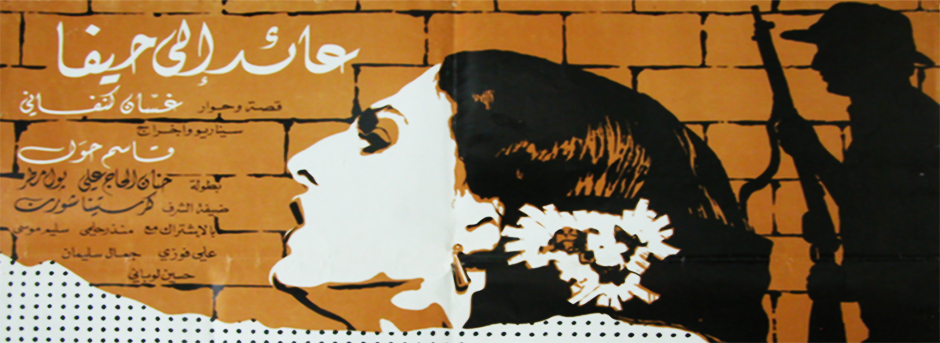The Palestinian Revolution is a bilingual Arabic/English online learning resource that explores Palestinian revolutionary practice and thought from the Nakba of 1948, to the siege of Beirut in 1982. These thirty four years of Palestinian political and social history were characterised by a distinctive revolutionary culture, that was expressed in specific political practices and forms of thought. The era also witnessed the mobilisation of hundreds of thousands of Palestinians, Arabs, and international volunteers outside and inside historic Palestine.
Read MoreVisualizing Palestine creates data-driven tools to advance a factual, rights-based narrative of the Palestinian-Israeli issue. Our researchers, designers, technologists, and communications specialists work in partnership with civil society actors to amplify their impact and promote justice and equality.
Read MoreThis curriculum provides a set of readings, guided questions, and references for students interested in digging deeper into the political and human rights implications of i) the founding of the state of Israel in 1948, also referred to by Palestinians as the “catastrophe” or “nakba;” ii) Zionism (in its political, national, and racial conceptions); and iii) the competing claims to both dispossession and belonging that are at stake in Israel/Palestine.
Read MoreThe Palestine Education Project (PEP) is an initiative of educators and activists based in New York City, created to engage students in critical thinking about the culture, history and current living conditions of Palestinians and Israelis. They use Palestinian hip hop videos, lyrics, digital stories, role play exercises, documentary footage, and more to facilitate conversations around racism, occupation, and resistance. They explore ways to raise awareness about the Palestinian struggle while developing with youth in the U.S. ways to articulate and address their own connections to the issues of colonialism, racism, and militarism.
Read More



